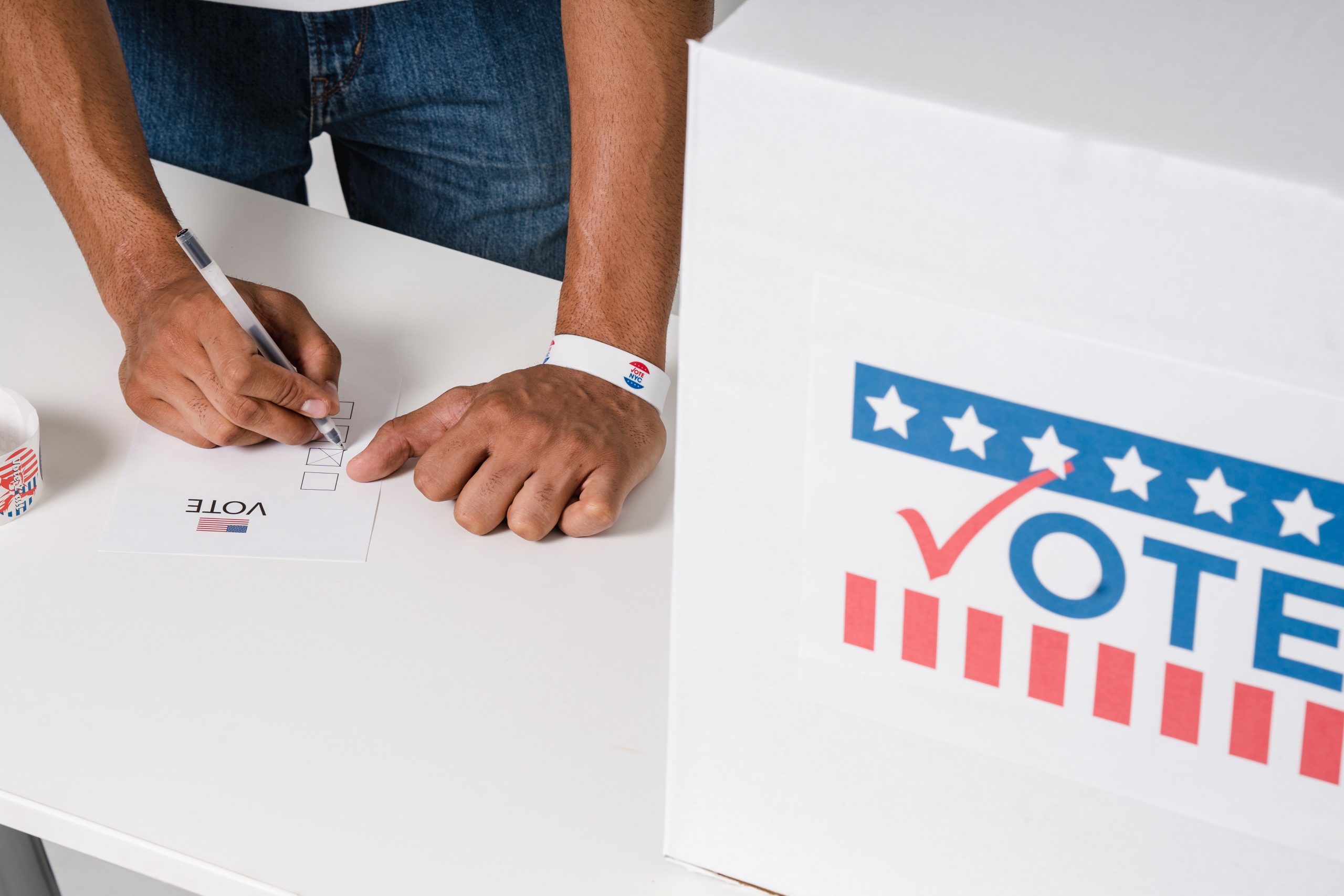The right to vote is fundamental to democracy, yet it has been the subject of controversy throughout American history. While the Voting Rights Act of 1965 was designed to ensure that all citizens have an equal opportunity to participate in the democratic process, voter suppression has remained a persistent problem in the United States. The consequences of voter suppression are far-reaching and have a significant impact on the outcome of elections, as well as the ability of citizens to have their voices heard.
Voter suppression takes many forms, from discriminatory voter ID laws to voter purges and polling place closures. These tactics disproportionately affect communities of color, low-income individuals, and young people, who are already underrepresented in the political process. The result is that these groups are further marginalized, and their interests are ignored by elected officials who do not need their votes to win.
The consequences of voter suppression are felt not only in the short term but also in the long term. In the short term, the outcome of elections can be skewed, as candidates who benefit from voter suppression tactics are more likely to win. This can result in policies that do not reflect the interests of the majority of citizens. In the long term, voter suppression can erode trust in the democratic process and lead to decreased voter turnout, as citizens feel that their votes do not matter.
The 2020 presidential election highlighted the extent of voter suppression in the United States. The COVID-19 pandemic made it necessary for many states to expand voting by mail and early voting, which led to record turnout. However, this also led to an increase in efforts to suppress the vote, with some states imposing restrictive voter ID laws and limiting access to polling places. These efforts were particularly targeted at communities of color, who were more likely to vote by mail or in-person early voting.
The consequences of voter suppression in the 2020 election were stark. In Georgia, for example, long lines at polling places led to hours-long wait times, which discouraged many voters from casting their ballots. In Texas, there were reports of voters being turned away from polling places because of a lack of proper identification. In Wisconsin, the state’s strict voter ID law resulted in the disenfranchisement of thousands of voters, many of whom were Black and Latinx.
To combat voter suppression, many organizations are working to expand access to the ballot box. These efforts include voter education campaigns, automatic voter registration, and early voting. Some states are also exploring ways to increase access to voting by mail, which has been shown to increase voter turnout.
The fight for voting rights in America is ongoing, but progress is being made. In March 2021, the House of Representatives passed the For the People Act, which includes provisions to expand voting rights, increase access to the ballot box, and curb voter suppression. While the bill faces an uncertain future in the Senate, its passage in the House is a sign that the fight for voting rights is gaining momentum.
In conclusion, the consequences of voter suppression are significant, and the fight for voting rights in America is ongoing. While progress is being made, there is still much work to be done to ensure that all citizens have equal access to the ballot box. By continuing to raise awareness of voter suppression tactics and advocating for policies that expand access to voting, we can build a more equitable and democratic society for all.




